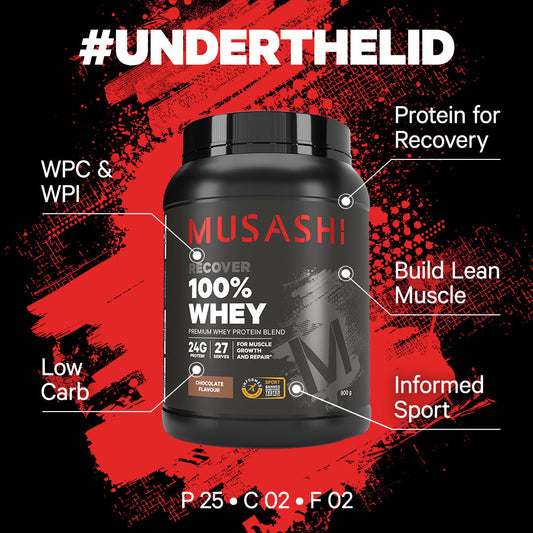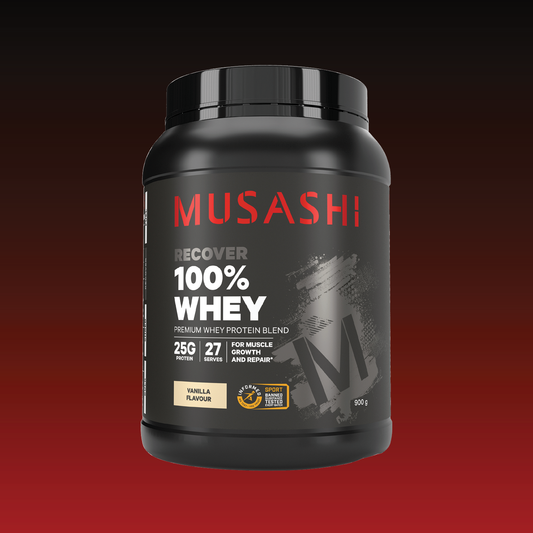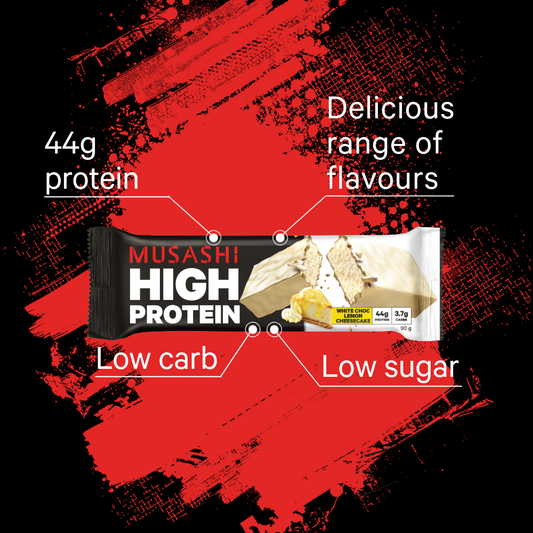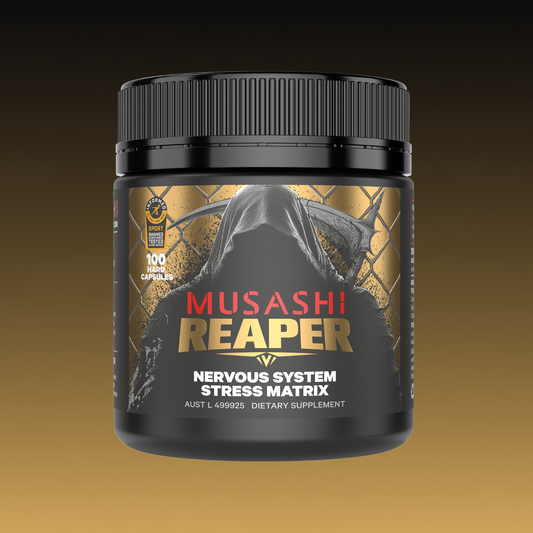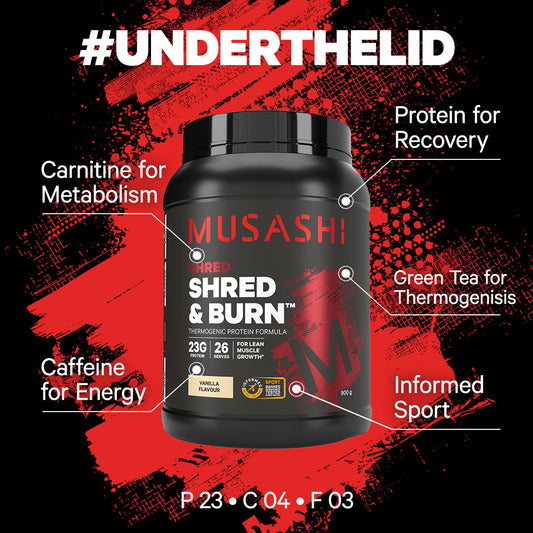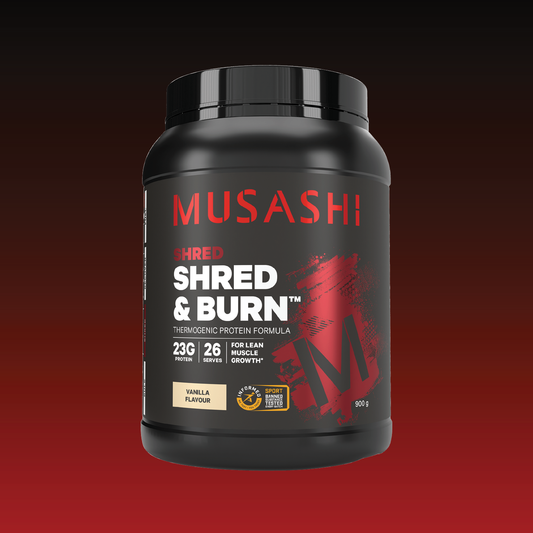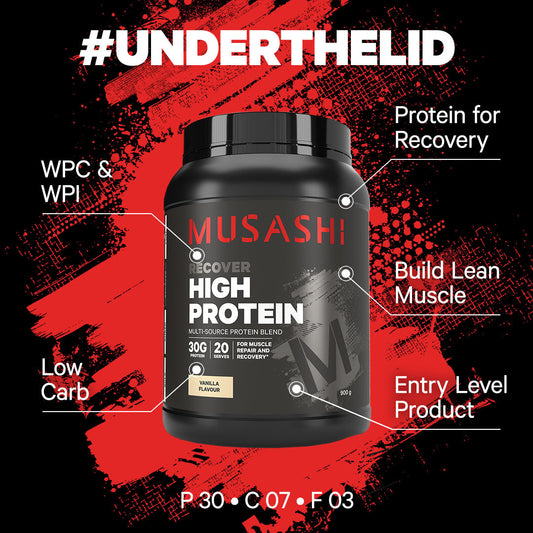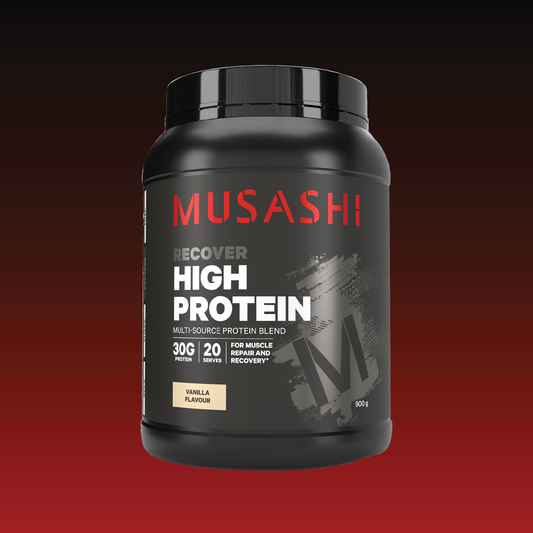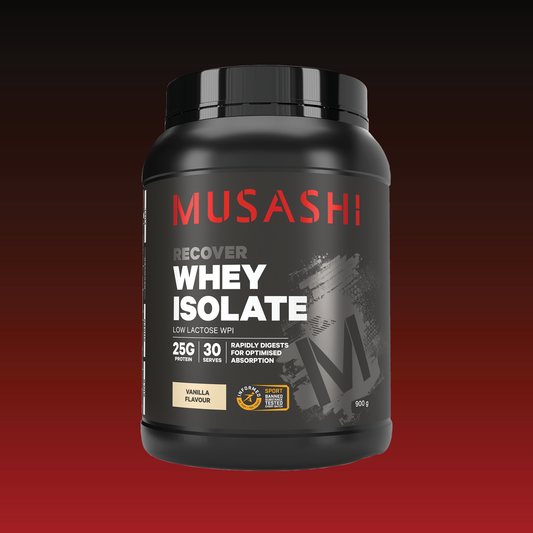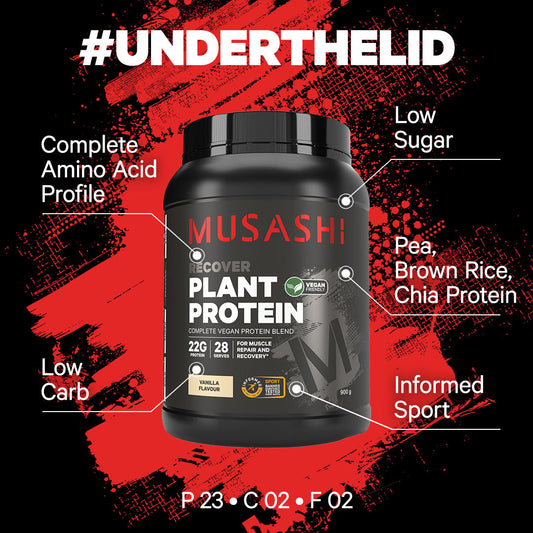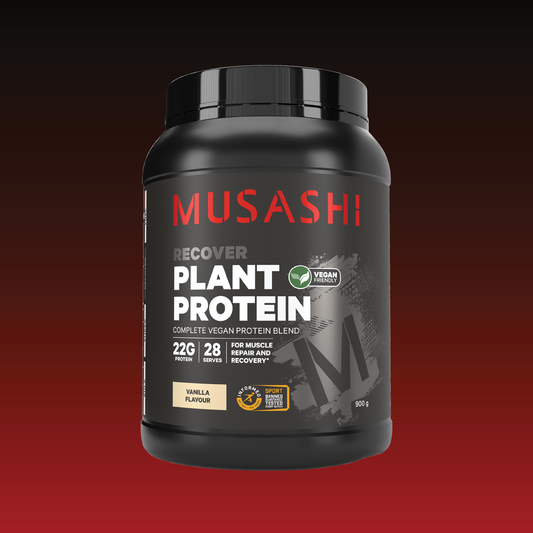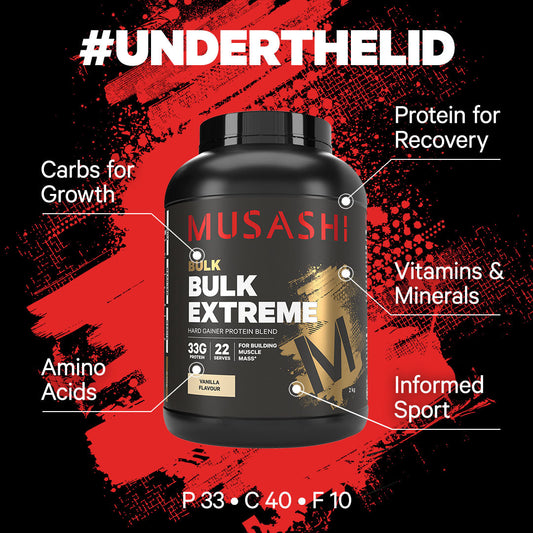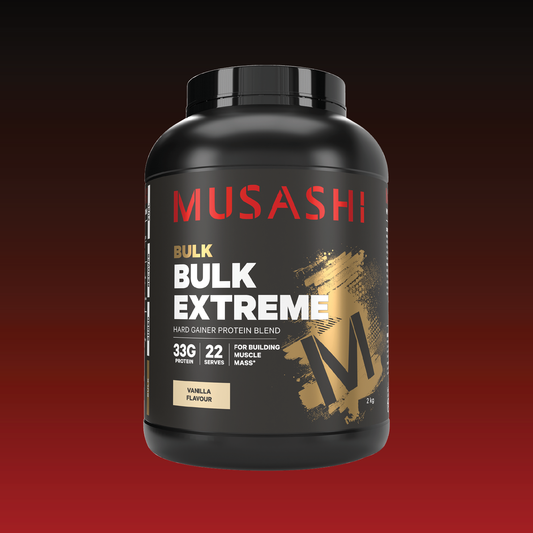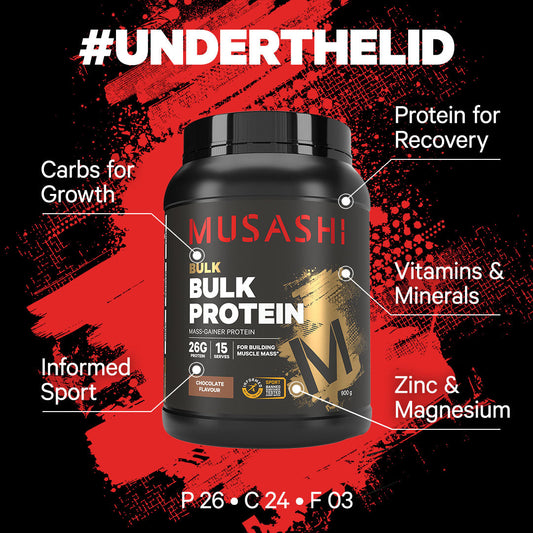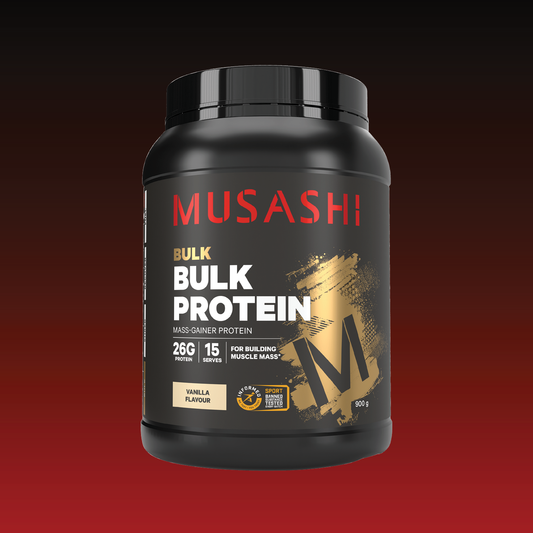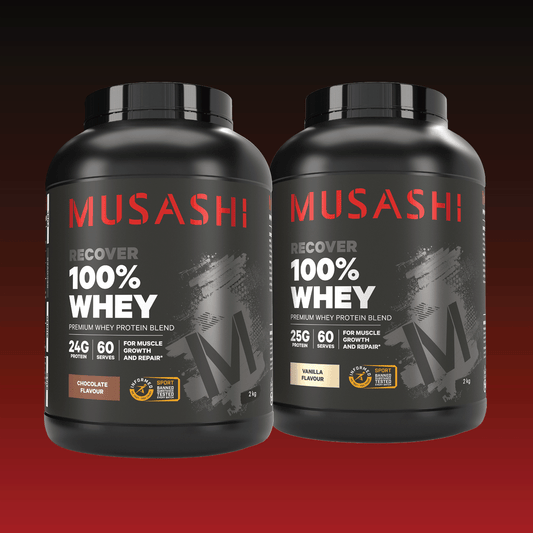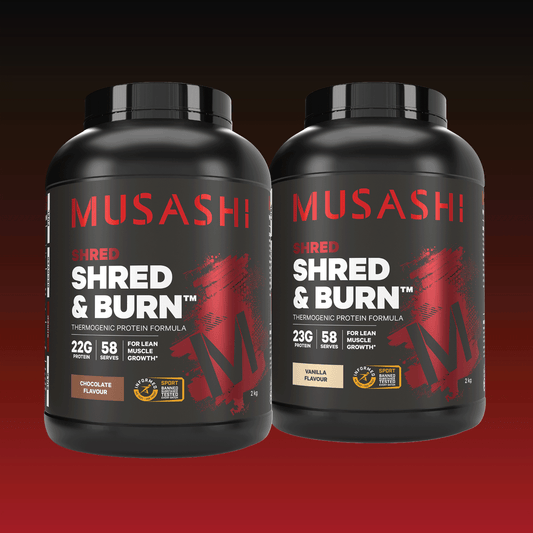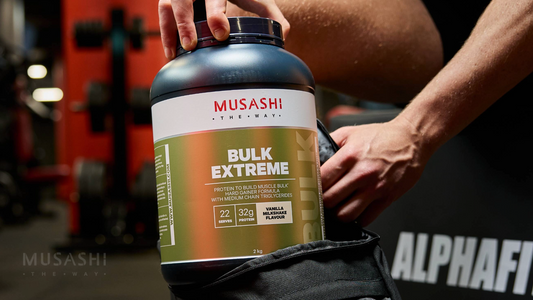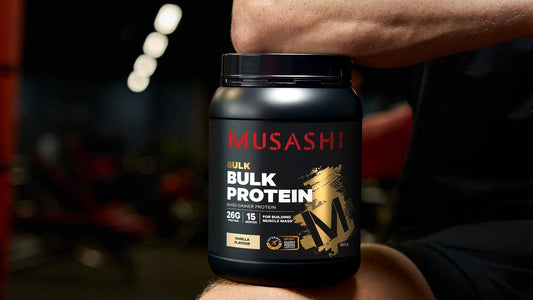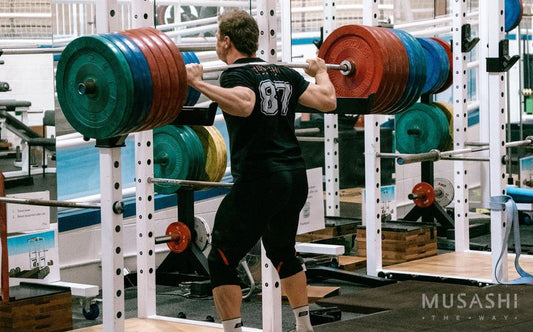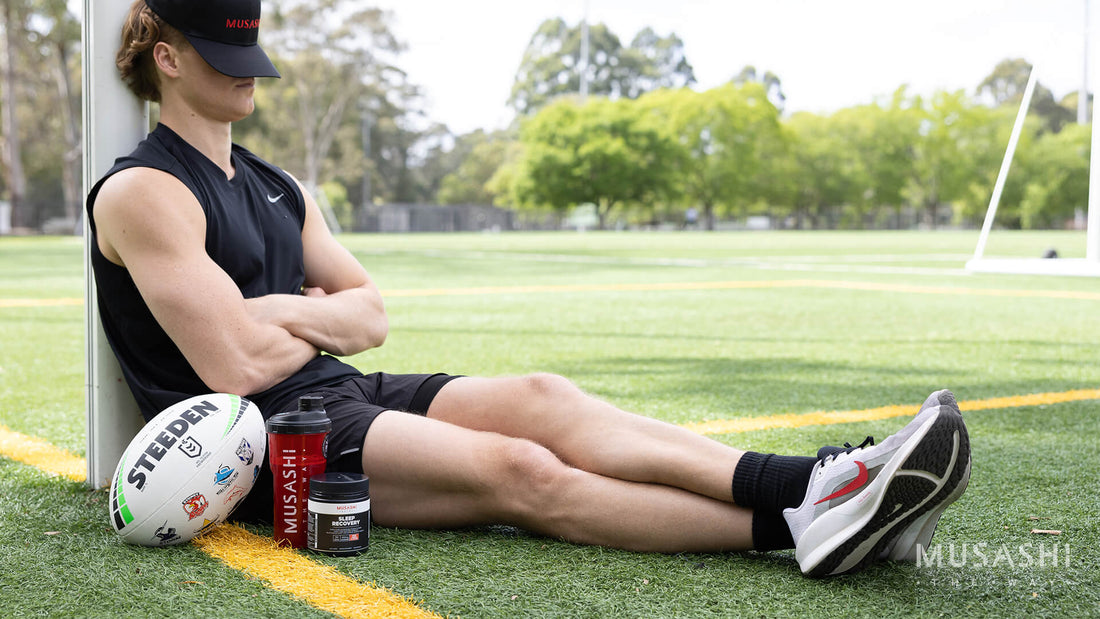
In the pursuit of peak athletic performance, athletes often focus on training intensity, nutrition, and supplementation. However, one crucial element that frequently gets overlooked is sleep. Quality sleep is paramount for repair, recovery, and even cognitive function, all of which directly impact athletic performance.
In this blog, we will explore the benefits of getting good quality sleep and highlight how Musashi Sleep Recovery can support your recovery process for optimal results.
The Science of Sleep and Athletic Performance
Sleep is not just a passive state; it's an active process where many critical functions occur. During sleep, the body undergoes processes that are essential for muscle repair, memory consolidation, and hormonal balance. Let's delve into the keyway's quality sleep enhances athletic performance.
1. Muscle Repair and Growth
During deep sleep, the body releases growth hormones, which plays a crucial role in tissue growth and muscle repair. Adequate deep sleep ensures that your muscles recover from the micro-tears caused by intense training, facilitating growth and strength gains. Without sufficient sleep, muscle repair is hampered, leading to prolonged recovery times and an increased risk of injury.
2. Enhanced Cognitive Function
Sleep is vital for cognitive functions such as memory, decision-making, and reaction time—all crucial for athletic performance. REM sleep, a deep sleep stage, is particularly important for cognitive processes. Athletes who get adequate REM sleep are better able to learn new skills, remember play strategies, and make quick decisions during competition.
3. Hormonal Balance
Sleep regulates the production of several hormones, including cortisol and leptin. Cortisol, the stress hormone, can impede muscle recovery and growth when elevated. Conversely, leptin controls hunger and appetite. Imbalanced levels of these hormones due to poor sleep can affect athletic performance and recovery.
4. Immune Function
Quality sleep strengthens the immune system, reducing the likelihood of illness that could disrupt training and competition schedules. During sleep, the body produces cytokines, proteins that aid in fighting off infections and inflammation. Sleep-deprived athletes are more susceptible to colds, infections, and even chronic inflammatory conditions.
5. Energy Conservation
Sleep helps in replenishing energy stores. During sleep, the body resets and conserves energy, preparing you for the next day's training or competition. A lack of sleep can lead to decreased glycogen levels, resulting in fatigue and diminished endurance.
Strategies for Improving Sleep Quality
1. Establish a Routine: Maintain a regular sleep schedule by going to bed and waking up at the same time every day.
2. Create a Sleep-friendly Environment: Your bedroom should be cool, dark, and quiet. Use blackout curtains and earplugs if necessary.
3. Limit Screen Time: The blue light emitted by screens can interfere with the production of melatonin, the sleep hormone. Avoid screens at least an hour before bed.
4. Mind Your Meals: Avoid heavy meals, caffeine, and alcohol close to bedtime. Opt for a light snack if you're hungry before bed.
5. Relaxation Techniques: Practices like meditation, breathing exercises, and gentle stretching can help calm the mind and prepare the body for sleep.
Musashi Sleep Recovery: Supporting Your Sleep and Recovery
For athletes looking to optimize their sleep for maximum recovery, Musashi Sleep Recovery is an excellent addition to your nighttime routine. This supplement is specifically designed to support restful sleep and muscle repair, ensuring you wake up refreshed and ready for your next workout.
Key Ingredients:
Passionflower: Passionflower is renowned for its calming effects, making it an excellent natural remedy for anxiety and insomnia. The herb increases gamma-aminobutyric acid (GABA) levels in the brain, which helps reduce overactivity and promote relaxation. This results in an easier time falling asleep and staying asleep throughout the night, improving overall sleep quality.
Ziziphus Jujuba: Ziziphus jujuba, commonly known as jujube, is a powerful sleep aid with sedative properties. It contains compounds like saponins and flavonoids that have been shown to provide a calming effect and reduce the time it takes to fall asleep.
Additionally, it helps in prolonging the duration of sleep, ensuring deeper and more restorative rest. This makes it particularly beneficial for those who experience frequent awakenings or light sleep.
Magnesium: Magnesium plays a crucial role in sleep regulation. It helps calm the nervous system and aids in muscle relaxation, which can prevent nighttime cramps or twitching that disrupt sleep. Magnesium also supports the production of melatonin, the hormone responsible for regulating sleep-wake cycles. Adequate levels of magnesium can significantly improve sleep onset, duration, and overall quality.
Zinc: Zinc is essential for maintaining a healthy immune system and supporting metabolic functions. It also has a pivotal role in regulating sleep by promoting the production of melatonin. Studies have shown that adequate zinc intake can lead to better sleep quality and enhanced cognitive function upon waking. It helps ensure stable and consistent sleep patterns, contributing to overall well-being and recovery.
Amino Acids: Amino acids, particularly L-Theanine and GABA, are integral to promoting relaxation and reducing stress. L-Theanine, found naturally in tea leaves, increases alpha brain wave activity, fostering a state of relaxation without drowsiness.
GABA acts as an inhibitory neurotransmitter that helps calm the brain, reducing anxiety and preparing the body for sleep. These amino acids work together to enhance sleep onset, improve sleep quality, and ensure a more restorative sleep cycle.
Together, these ingredients create a powerful, synergistic blend that promotes deep, restorative sleep essential for muscle recovery, mental clarity, and overall athletic performance.


